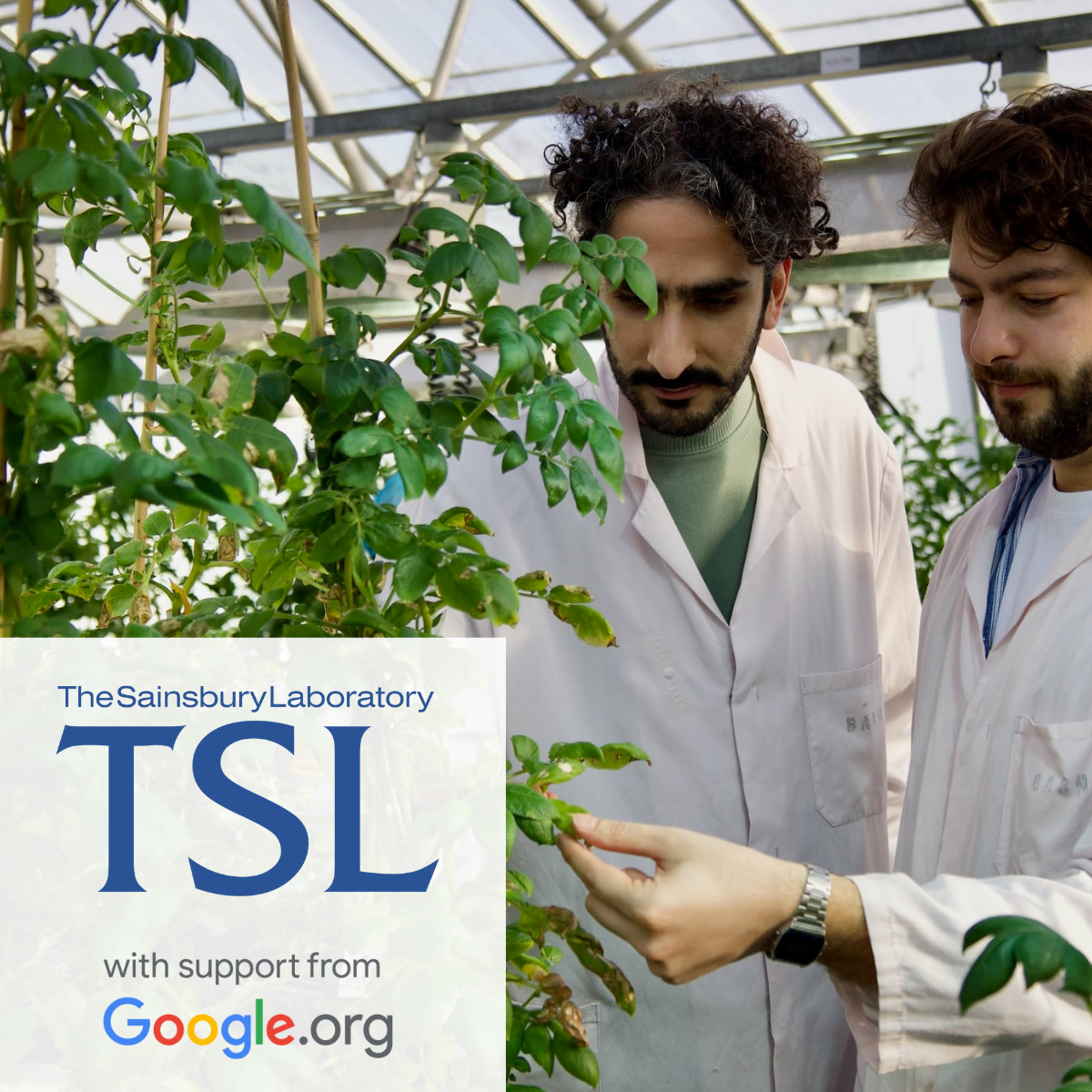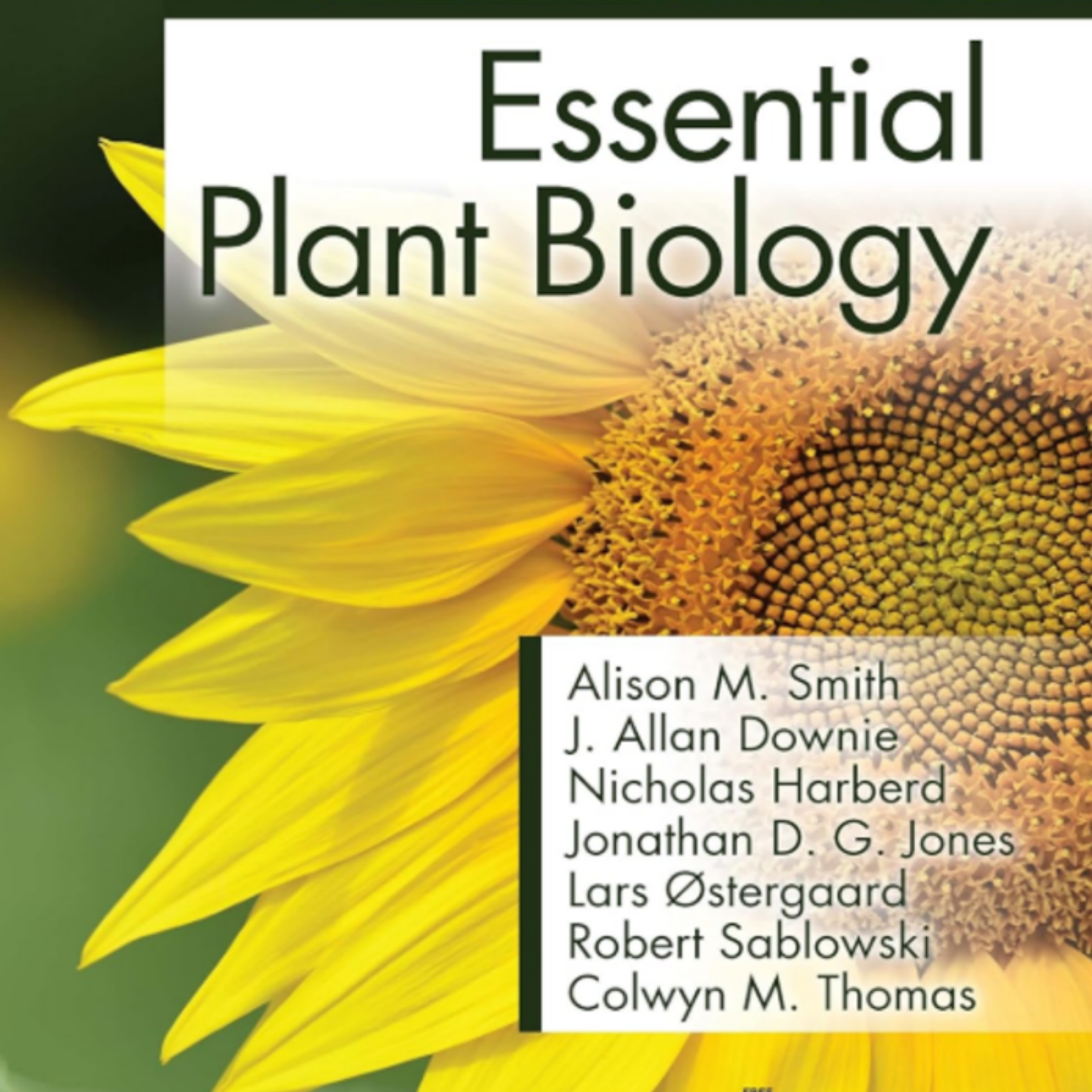Our statement on the regulation of gene editing
Global agriculture in the 21st century faces significant challenges. It needs to provide enough food to meet the demands of a growing and increasingly affluent global population whilst reducing its contribution to the environmental crises of biodiversity loss and climate change. Innovation in novel plant varieties is key to tackle these challenges. However, to reap the benefit of the current technological revolution we need a robust, scientifically grounded framework that is currently lacking for the regulation of gene-edited (GE) and genetically modified organisms (GMO).
The Sainsbury Laboratory advocates the view that
- legislation should focus on the end-product and not the technology used,
- regulation should cover any trait that could not be made with traditional technology (breeding, mutagenesis, TILLING, crossing, tissue culture, hybridisation, etc.), and
- organisms modified by GE that do not contain foreign DNA should not be regulated as GMOs.
Read our response to Defra’s consultation on the regulation of genetic technologies


